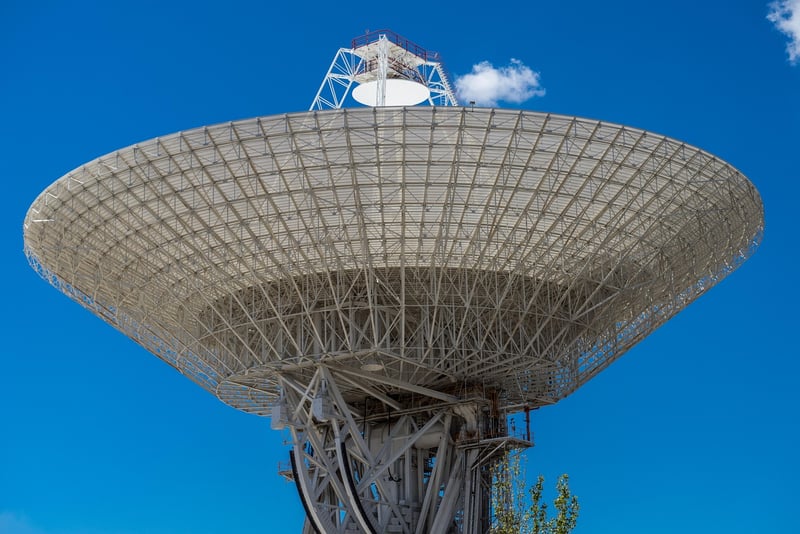Xenobiology Studies
Encounters with Extraterrestrial Life and Xenobiology Studies
Exploring the possibility of extraterrestrial life has always been a fascinating subject that captures the imagination of many. From science fiction novels to blockbuster movies, the concept of life beyond Earth has intrigued scientists and enthusiasts alike. With advancements in technology and space exploration, the search for alien life forms has become more plausible than ever.
Encounters with Extraterrestrial Life
Throughout history, there have been numerous accounts of encounters with supposed extraterrestrial beings or unidentified flying objects (UFOs). While many of these encounters have been dismissed as hoaxes or misidentifications, some remain unexplained, adding to the mystery surrounding the existence of alien life.
Roswell Incident
One of the most famous cases of a supposed encounter with extraterrestrial life is the Roswell Incident that took place in 1947 in Roswell, New Mexico. The incident involved the crash of an unidentified flying object, which some believe was an alien spacecraft. While the official explanation provided by the military was that it was a weather balloon, conspiracy theories continue to persist.
Abductions and Close Encounters
There have been numerous reports of abductions by aliens and close encounters with extraterrestrial beings. While these accounts are often met with skepticism, some individuals claim to have had firsthand experiences with otherworldly entities, sparking debates about the credibility of such claims.
Xenobiology Studies
Xenobiology is the scientific study of alien life forms and their potential characteristics. Researchers in this field explore the possibility of life on other planets, considering different environments and conditions that could support extraterrestrial organisms.
Exoplanet Exploration
With the discovery of exoplanets – planets outside our solar system – scientists have been able to identify potentially habitable worlds that could harbor life. By studying the atmospheres of these exoplanets and analyzing their compositions, researchers hope to find clues that could indicate the presence of alien life forms.
Extremophiles and Life in Extreme Environments
On Earth, scientists have discovered extremophiles – organisms that thrive in extreme environments such as deep-sea hydrothermal vents, acidic lakes, or frozen tundras. Studying these extremophiles has provided insights into the resilience of life and the potential for organisms to survive in harsh conditions elsewhere in the universe.
SETI and the Search for Extraterrestrial Intelligence
The Search for Extraterrestrial Intelligence (SETI) is a collective effort by scientists to detect signals or signs of intelligent life beyond Earth. Through radio telescopes and other detection methods, SETI researchers scan the cosmos for any indications of communication from alien civilizations, hoping to make contact with other intelligent beings.
As technology continues to advance and our understanding of the universe expands, the search for extraterrestrial life and the field of xenobiology will only grow in importance, sparking new discoveries and fueling our curiosity about the possibility of life beyond our planet.


